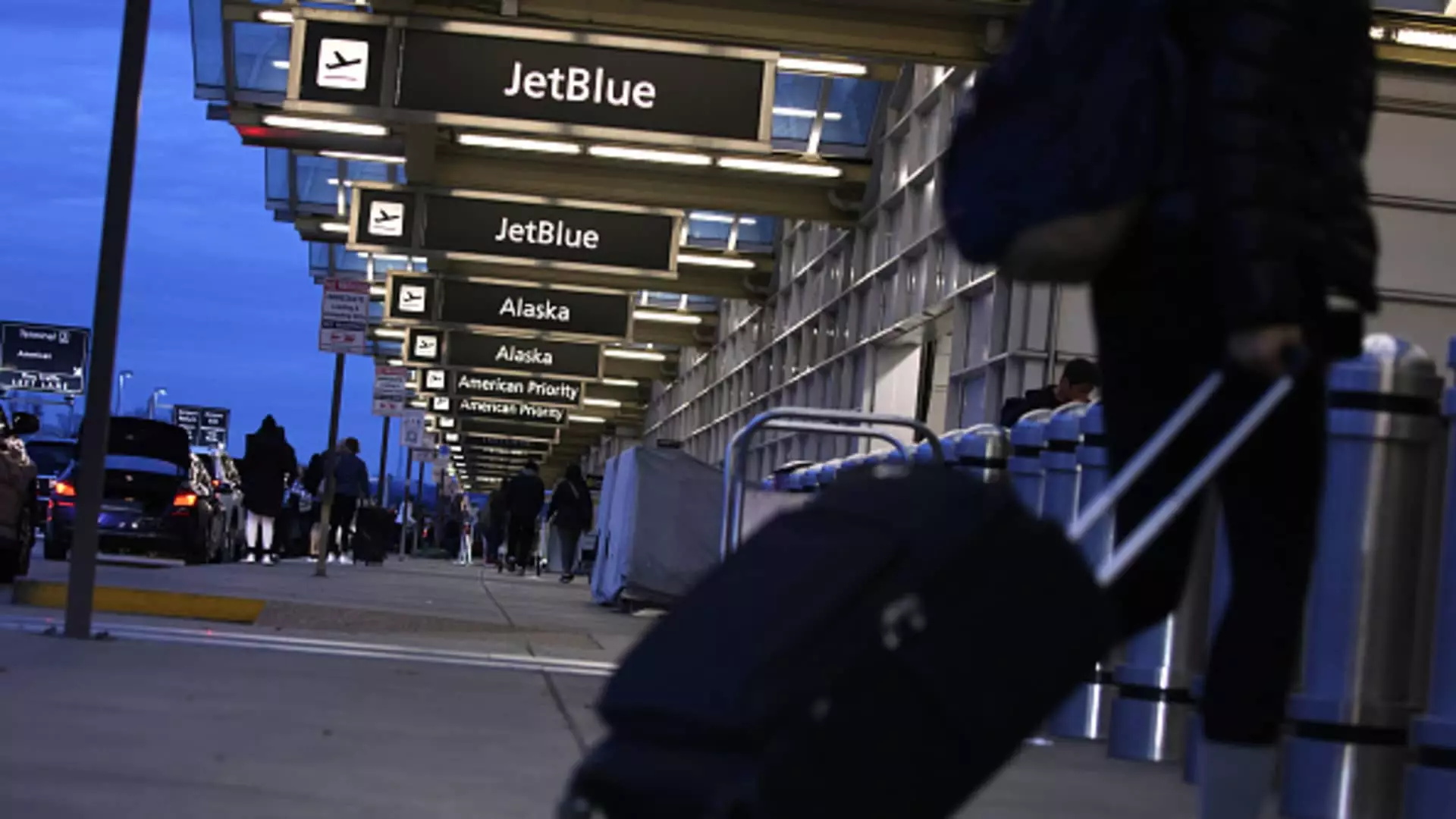In a bid to navigate the turbulent waters of the aviation industry, JetBlue Airways has initiated early retirement packages for select pilots, according to a recent communication from their labor union. This move comes against the backdrop of ongoing financial pressures as the airline strives to streamline its operations and boost revenues. Such initiatives are essential in a market that has seen fluctuating demand and increased competition, particularly as airlines are compelled to enhance their service offerings, including the introduction of new first-class seats.
Beneath these operational strategies is a pressing concern; JetBlue is currently managing the repercussions of a Pratt & Whitney engine recall that has sidelined several of its aircraft. This situation not only exacerbates operational challenges but also adds to the financial strain, prompting the airline to seek innovative ways to reduce overhead while maintaining service quality.
The Air Line Pilots Association (ALPA) revealed that JetBlue has opened voluntary separation bids for pilots, which will remain available until February 7. The terms of the agreement offer eligible pilots a financial incentive, allowing them to retire early with a severance pay calculated at 55 hours of their hourly wage rate, extending until their mandatory retirement date or up to 18 months post-separation—whichever timeline is shorter.
For example, under this arrangement, an Airbus A320 captain with 12 years of service, who is set to reach the federally mandated retirement age of 65 in 2027, would receive approximately $416,293 in retirement benefits. In contrast, an Embraer E190 captain, with a shorter tenure of just eight years and retiring at the end of this calendar year, would be compensated around $160,859. These figures illustrate JetBlue’s commitment to offering substantial packages that reflect the pilots’ experience and length of service.
While JetBlue has yet to publicly comment on these developments ahead of its quarterly earnings report, the alignment between the airline and its pilots’ union in negotiating this agreement is noteworthy. The criteria for eligibility highlight a focus on pilots who will turn 59 years of age by the end of March, emphasizing the airline’s strategy to transition seasoned personnel in anticipation of future growth and modernization efforts.
Despite the impending pilot retirements, the airline’s management must balance workforce reductions with maintaining operational effectiveness, especially as the aviation sector may face continued volatility. As JetBlue strives to emerge from its current challenges, the implications of this early retirement incentive could set the stage for a rejuvenated workforce capable of propelling the airline toward a more profitable future.
JetBlue’s proactive measures, including offering early retirement packages, represent a multifaceted approach to address financial unpredictability while preparing for a competitive rebound. The effectiveness of these initiatives will likely unfold in the coming months, providing insight into the airline’s resilience and adaptability in an ever-evolving industry landscape.


Leave a Reply